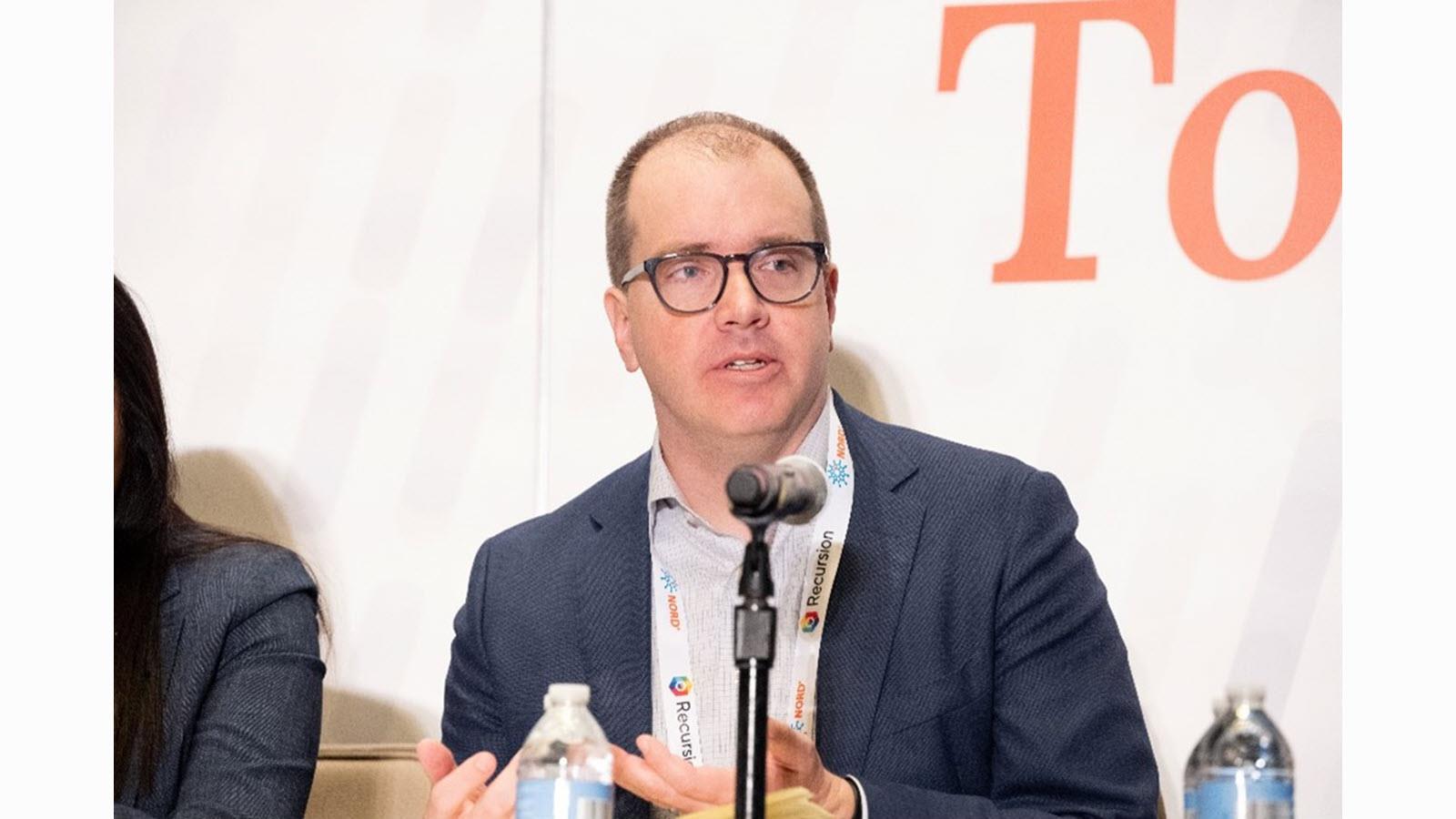At last week’s National Organization for Rare Disorders’ (NORD) Breakthrough Summit, a panel on the development of new medicines explored the question: How can we take communication and collaboration to the next level?
In the session, patient advocacy organizations, regulators and industry members – including CSL’s Scott Hambaugh – sat down to discuss the challenges in developing orphan drugs, so called because these medicines treat rare conditions that affect smaller populations of patients.
Patients rely on the biotech industry, physicians and regulators to work together on their behalf because they have access and expertise, said Kristen Wheeden, President of the United Porphyrias Association – a patient advocacy organization for a group of rare disorders which interfere with the body’s ability to carry oxygen through blood. Patients, especially when newly diagnosed, are starting from square one.
“The patient community is the only one who is not trained to do this job. We are thrown into this with a rare disease, in this crazy world of figuring it out for ourselves or our children. So, we rely on the other stakeholders who are actually trained in your jobs to do this, to move this ball forward to support us,” Wheeden said.
Patients are the most important stakeholder group to consider when developing a medicine, members of the panel agreed.
That’s why CSL has a patient advisory board, said Hambaugh, CSL Vice President, Global Product Strategy, Global Regulatory Affairs. A patient who lives with the condition can shed light on how to structure clinical trials to make them less burdensome.
“For example, taking three blood draws versus one is a huge difference for patients,” Hambaugh said. “And really understanding that can help us make the trial more beneficial for all of our stakeholders.”
Two U.S. Food and Drug Administration (FDA) officials said the agency collects and considers patient experience data and uses it to inform drug development and regulatory decision-making. This includes patient-focused drug development and the FDA Standard Core Clinical Outcome Assessments and Endpoints Pilot Grant Program, among others, said Janet Maynard, Director of the Office of Rare Diseases, Pediatrics, Urologic and Reproductive Medicine and Celia Witten, Deputy Director of the Center for Biologics Evaluation and Research.
CSL develops and manufactures medicines for rare diseases, including primary immunodeficiencies and bleeding disorders. When collecting data, the company keeps all its stakeholders in mind, Hambaugh said. CSL must collect data that will answer questions and meet the requirements of regulators and payers as well, he said.
“We want data, we want to get all sorts of data, but we also need to make sure we generate the right data. It needs to be meaningful,” Hambaugh said.



